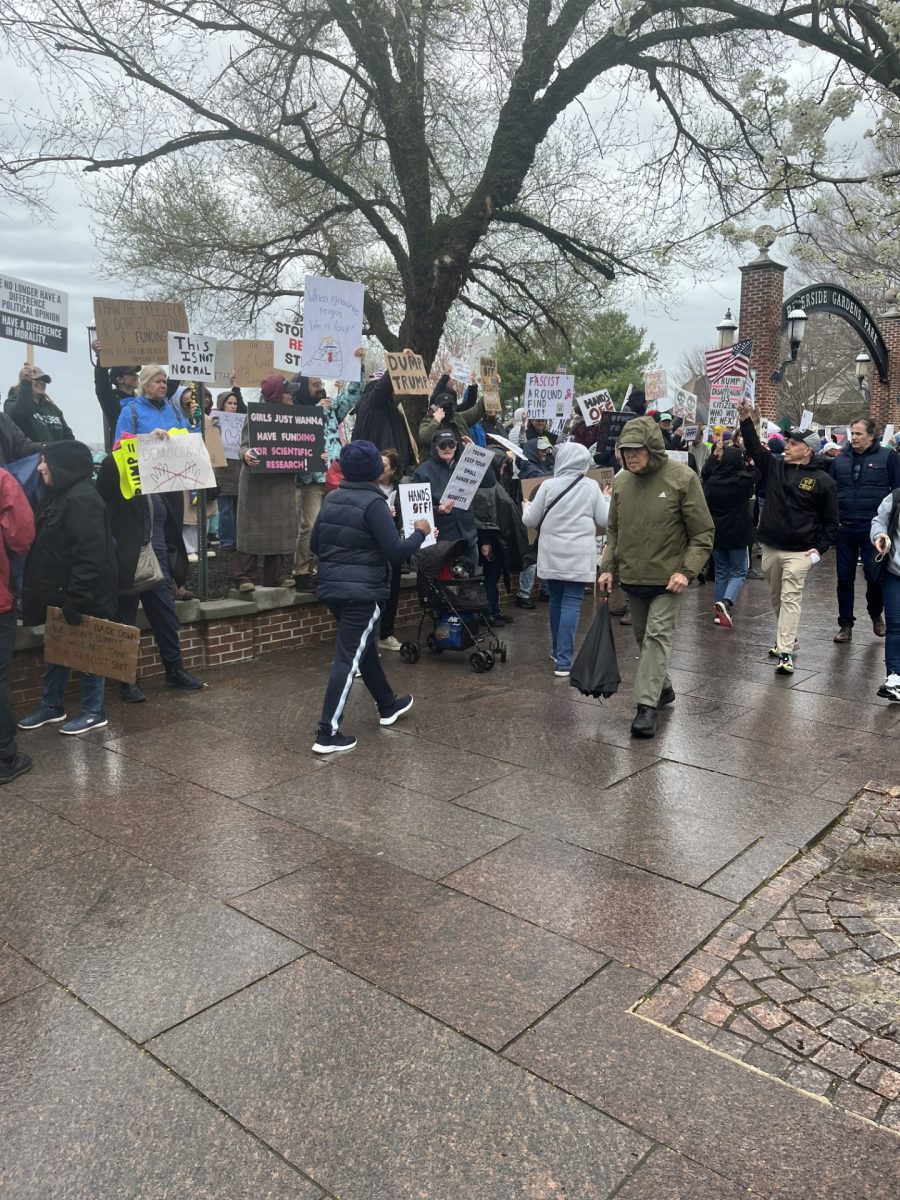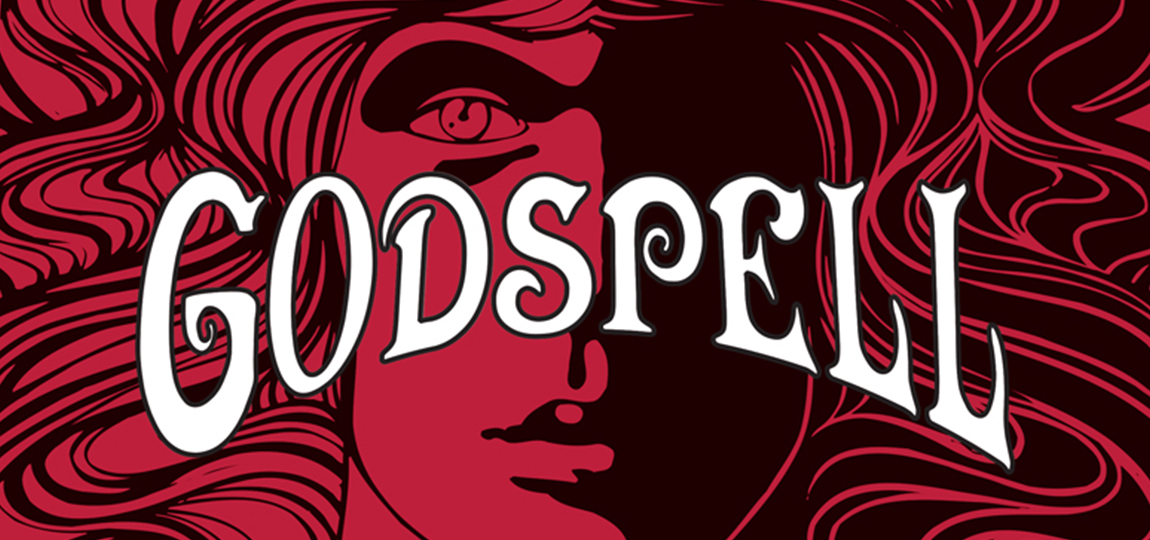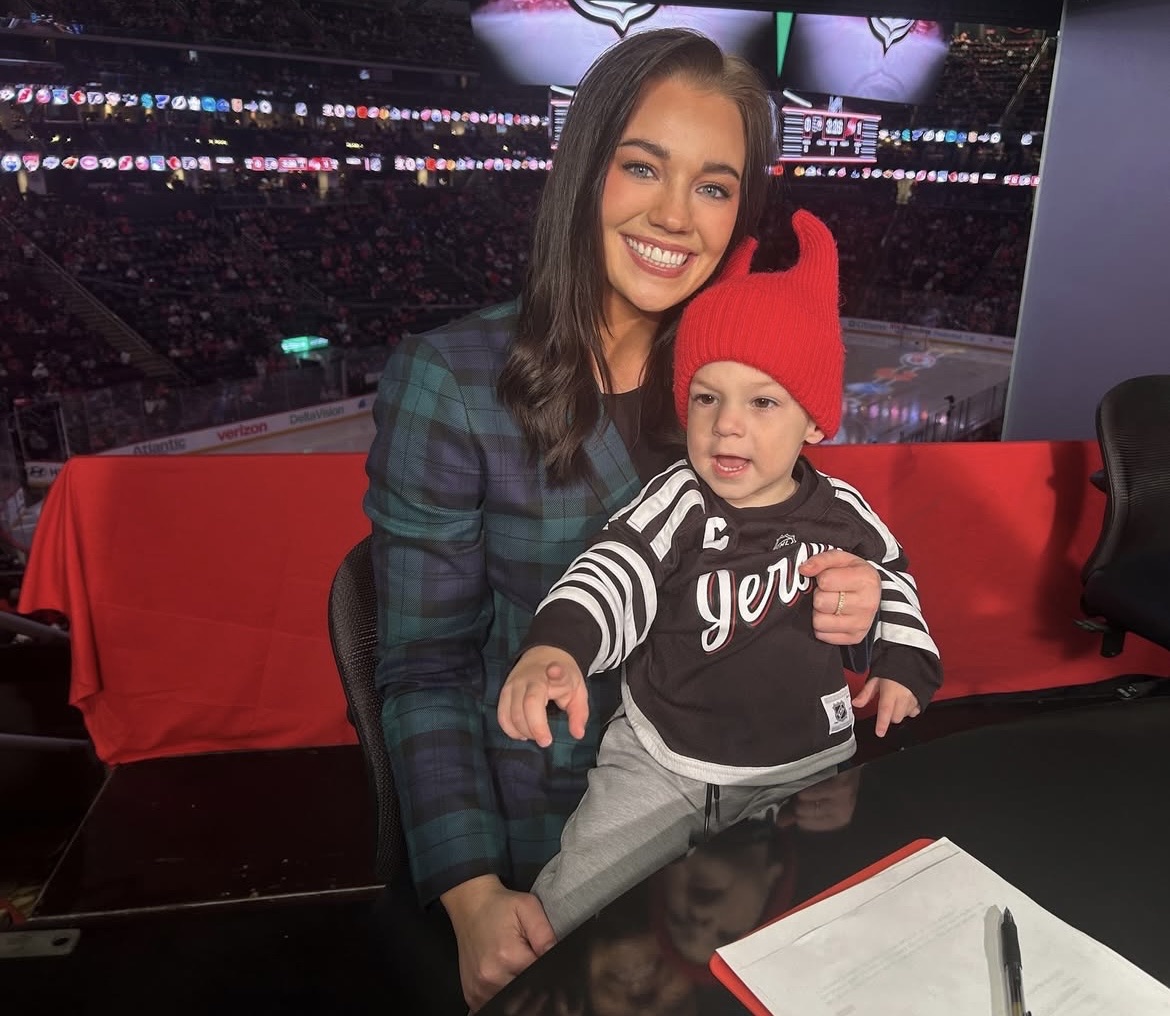Who will be moving into the governor’s mansion?
The New Jersey gubernatorial election is ramping up, as many might have noticed with the onslaught of ads for candidates in the last few weeks. Politicians known and unknown are putting their names down and gearing up for the primaries. And there’s no short list to who wants to win this integral race for the top office in New Jersey.
This race is also vital for the country as a whole. New Jersey and Virginia are the only two states with gubernatorial races on odd years, specifically the year after presidential elections. Election analysts, party leaders and elected officials pay attention to the New Jersey and Virginia elections to determine how voters truly think about the political landscape and of the two parties during the first year of a new administration.
In 2017, when current Governor Phil Murphy won by a landslide, it was the first sign that voters didn’t approve of the first Trump administration. When Phil Murphy just barely won his second term in 2021, it showed that voters disliked how the Biden administration was coming along.
Brookdale Political Science Professor Micah Rasmussen noted that it has been over 60 years since one political party had won three gubernatorial elections in a row. Which is similar to how voters nationally have flipped back and forth between Democratic and Republican administrations during the same time frame.
“On the other hand, the party that wins the White House typically struggles to win the governor’s race in New Jersey a year later, perhaps for the same reason,” Rasmussen said.
New Jersey residents are focused primarily on taxes. New Jersey has the highest property tax rate in the country along with high taxes in other categories according to the Tax Foundation, a nonprofit organization focused on reviewing and detailing America’s tax code.
“Additionally, the state has a particularly aggressive treatment of international income, levies an inheritance tax and maintains some of the nation’s worst-structured individual income taxes,” the Tax Foundation states in a report on each state’s tax burden.
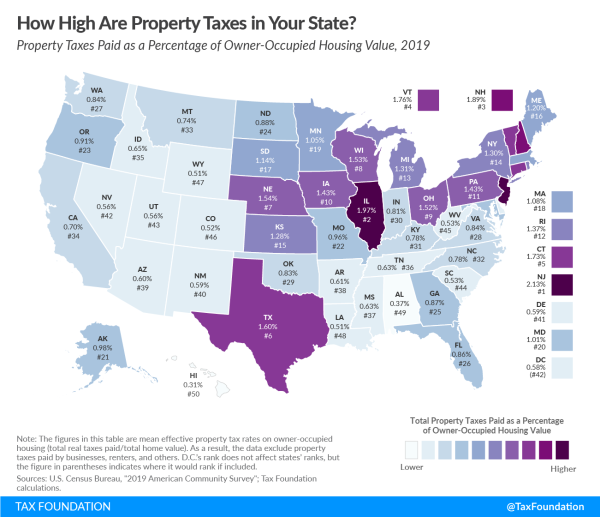
Taxes and the cost of living routinely ranked as some of the most important issues that influence how New Jerseyans vote. With inflation soaring and falling over Murphy’s second term, the economy is what New Jerseyans will likely have on their minds in November.
In most polls, Representative Mikie Sherrill is the Democratic frontrunner. She has served in Congress since 2019. Before that, she had an honored career in the Navy, followed by a legal career where she has served as an assistant attorney for the federal district of New Jersey.
Fitting with her time as a helicopter pilot in the Navy, there is a helicopter in the top right-hand corner of her campaign logo just above her name.

Although Sherrill is at the top of the polls for Democrats running in the primary, she is still only two points ahead of the next most popular candidate, Newark Mayor Ras Baraka. Close behind are the rest of the Democrats in the race, but overall, the largest share of voters don’t know who they’ll throw their support behind.
There are more registered Democrats than Republicans in the state, and Democrats are historically better at winning statewide seats. At the same time, there currently isn’t a Democratic candidate that is already well-known.
Gov. Murphy faced the same problem when he ran in 2017, but he had served as the U.S. ambassador to Germany under former President Obama. With that notoriety and a handsome net worth from his time as a senior director for Goldman Sachs, one of the world’s largest banks, he won the Democratic primary and went on to become governor.
On policy measures though, Professor Rasmussen mentions Jersey City Mayor Steven Fulop. In the last month, his campaign has pushed ads in mass, including one ad with the candidate running up a flight of staircases with a voiceover claiming he was always told he couldn’t run against former Senator Robert Menendez or fight for tough governmental ethics laws.
“His policy measures are far more substantive than anything we have seen before in any campaign I can think of,” Rasmussen responded when asked if any candidates had proposed significant policy changes that would be felt by the average New Jerseyan, “and I would really encourage voters to take a look.”
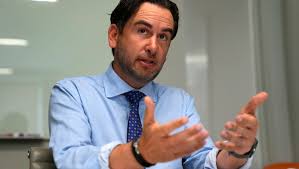
Other Democrats seeking the nod for governor are Josh Gottheimer, Sean Spiller and Stephen Sweeney.
On the flip side, 2021 gubernatorial candidate Jack Ciattarelli will most likely win the Republican ticket. Ciattarelli has a long history in state politics, having been on the Somerset County Board of Freeholders and was elected as a member of the New Jersey General Assembly. The General Assembly is the lower chamber to New Jersey’s legislator, playing the same role as the House of Representatives in Congress.
Ciattarelli has run twice before for Governor. In 2017, he lost the Republican primary but won the Republican ticket in 2021. Although his loss against Phil Murphy wasn’t a big surprise, how close the race turned out was a shock to Democrats in New Jersey and nationwide. As a Republican, Ciattarelli’s proposed agenda is naturally very different to the candidates in the Democratic camp and to how Phil Murphy has run the state during his tenure.
The measures Ciattarelli is promising to implement include but are not limited to:
- Creating a New Jersey Department of Government Efficiency
- Prohibiting elective abortions – abortions done due to nonmedical reasons – after 20 weeks
- Mandating Photo ID for voters to cast ballots
- Allowing counties to start counting mail-in ballots 25 days before Election Day
- Revoking mandates and subsidies that regard clean energy and EVs
- Banning offshore wind farms from the Jersey Shore
- Ending rejections involving health insurance coverage for pre-existing coverage
The only other Republican being seriously considered for Governor is Bill Spadea. Bill Spadea is the host of his own radio show, the Bill Spadea Show, on NJ 101.5 FM. His show is primarily political and Spadea has used it to discuss his conservative views.
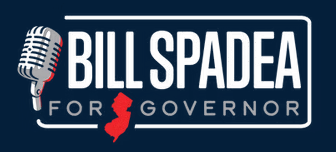
However, commercials in the last few weeks have highlighted past comments Spadea has made. The commercials, funded by Ciattarelli’s campaign, show footage of Spadea calling himself more liberal than his conservative friends. The commercials also claim that Spadea doesn’t support Trump, making him unfit to be New Jersey’s governor.
There are less than two months left until the June 10 primaries, so ads from candidates in both parties will ramp up. It also means that candidates with a very slim chance of winning will be dropping out.
“As for the campaigns themselves, they are always going to spend most of their resources closer to the end of the race,” Rasmussen said when asked why many voters seem so undecided about who they’ll vote for, “and so now that we are in the last 60 days, voters will start to see more communication from the candidates.”
Bill Spadea campaign page –
https://www.spadeaforgovernor.com/
Jack Ciattarelli campaign page –
Mikie Sherrill campaign page –
https://www.mikiesherrill.com/
Steven Fulop campaign page –
Ras Baraka campaign page –
https://www.rasforgovernor.com/
The Tax Foundation’s ‘2025 State Tax Competitiveness Index’ –
https://taxfoundation.org/research/all/state/2025-state-tax-competitiveness-index/




